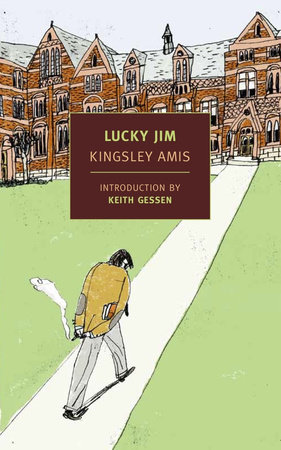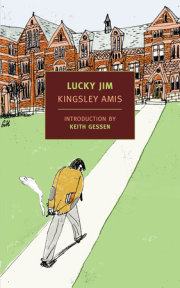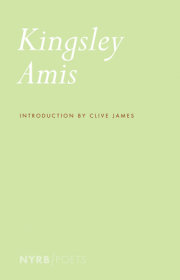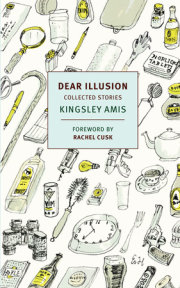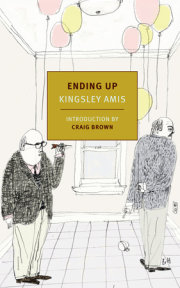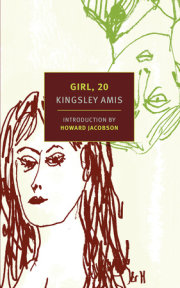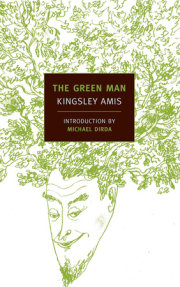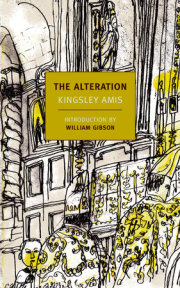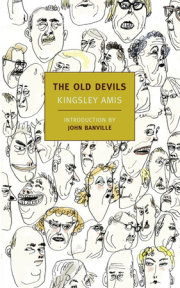“Lucky Jim illustrates a crucial human difference between the little guy and the small man. And Dixon, like his creator, was no clown but a man of feeling after all.”
—Christopher Hitchens
“Mr. Kingsley Amis is so talented, his observation is so keen, that you cannot fail to be convinced that the young men he so brilliantly describes truly represent the class with which his novel is concerned….They have no manners, and are woefully unable to deal with any social predicament. Their idea of a celebration is to go to a public bar and drink six beers. They are mean, malicious and envious….They are scum.”
—W. Somerset Maugham
“’After Evelyn Waugh, what?’ this reviewer asked six years ago….The answer, already, is Kingsley Amis, the author of Lucky Jim….Satirical and sometimes farcical, they are derived from shrewd observation of contemporary British life, and they occasionally imply social morals….Lucky Jim is extremely funny. Everyone was much amused, and since it is also a kind of male Cinderella or Ugly Duckling story, it left its readers goo-humored and glowing.”
—Edmund Wilson, The New Yorker, 1956
“I was recommended [Kinglsey Amis’ Lucky Jim] when I was a teenager trying to figure out how to start reading 'serious' books. Great recommendation, because on the surface it’s nothing of the sort, but it is brilliant.”
—Hugh Dancy, T: The New York Times Style Magazine
“Remarkable for its relentless skewering of artifice and pretension, Lucky Jim also contains some of the finest comic set pieces in the language.”
—Olivia Laing, The Observer
“Remarkably, Lucky Jim is as fresh and surprising today as it was in 1954. It is part of the landscape, and it defines academia in the eyes of much of the world as does no other book, yet if you are coming to it for the first time you will feel, as you glide happily through its pages, that you are traveling in a place where no one else has ever been. If you haven’t yet done so, you must.”
—Jonathan Yardley, The Washington Post

